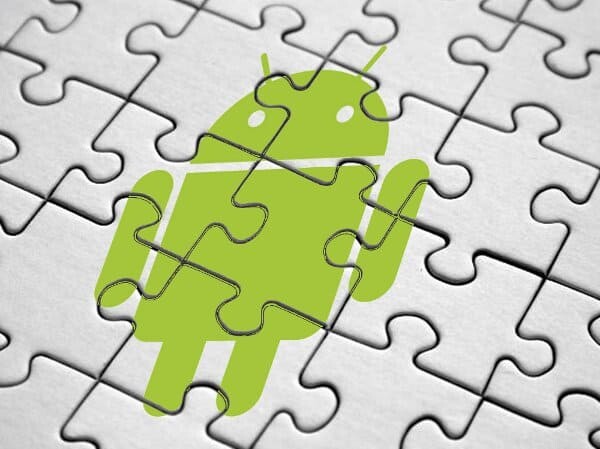Android has now shifted from being a phone OS into being a cross platform runtime environment.
When Android came out I was excited. Here was a mobile operating system that was open, allowing anyone to adopt and use it. At the time I was flying to the Far East at least once a month, each time meeting with several device manufacturers – trying to sell them technology. Android was a proposition they couldn’t skip – it was the only game in town available to them to compete with the iPhone, and it was free – they could build their dreams on it and control their future.
I am following the adoption of Android and have written about where the Android OS found a home – it is far from being only smartphones and tablets.
Two things caught my eye recently and I wanted to share it here:
- Non-Android devices
- Jolla – the MeeGo spinoff from Nokia – they are going to rely on Android apps to run on their operating system.
- Blackberry took a slightly different approach here, but they are still intent on being able to run Android apps on the Blackberry platform.
- Amazon is using Android for its Kindle Fire tablets, but you don’t get the Android experience there but rather Amazon’s, so I am counting this one as a non-Android device that runs Android apps.
- Apple’s market share in tablets is reducing due to Samsung and Amazon (eg – Android). We have more smartphones and soon tablets running Android than iOS, making it the larger player. With Google Play now on par with Apple’s App Store in terms of size and variety, things are going to change.
On top of that, Google isn’t waiting. They have release code that converts Java to Objective-C, trying to win the iOS developers over.
Android is slowly but surely transitioning from being an operating system into being a cross platform development and runtime environment. This is going to fragment the Android ecosystem further, but at the same time strengthen it.

